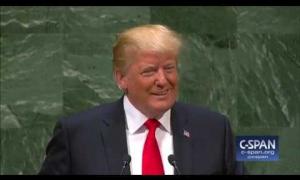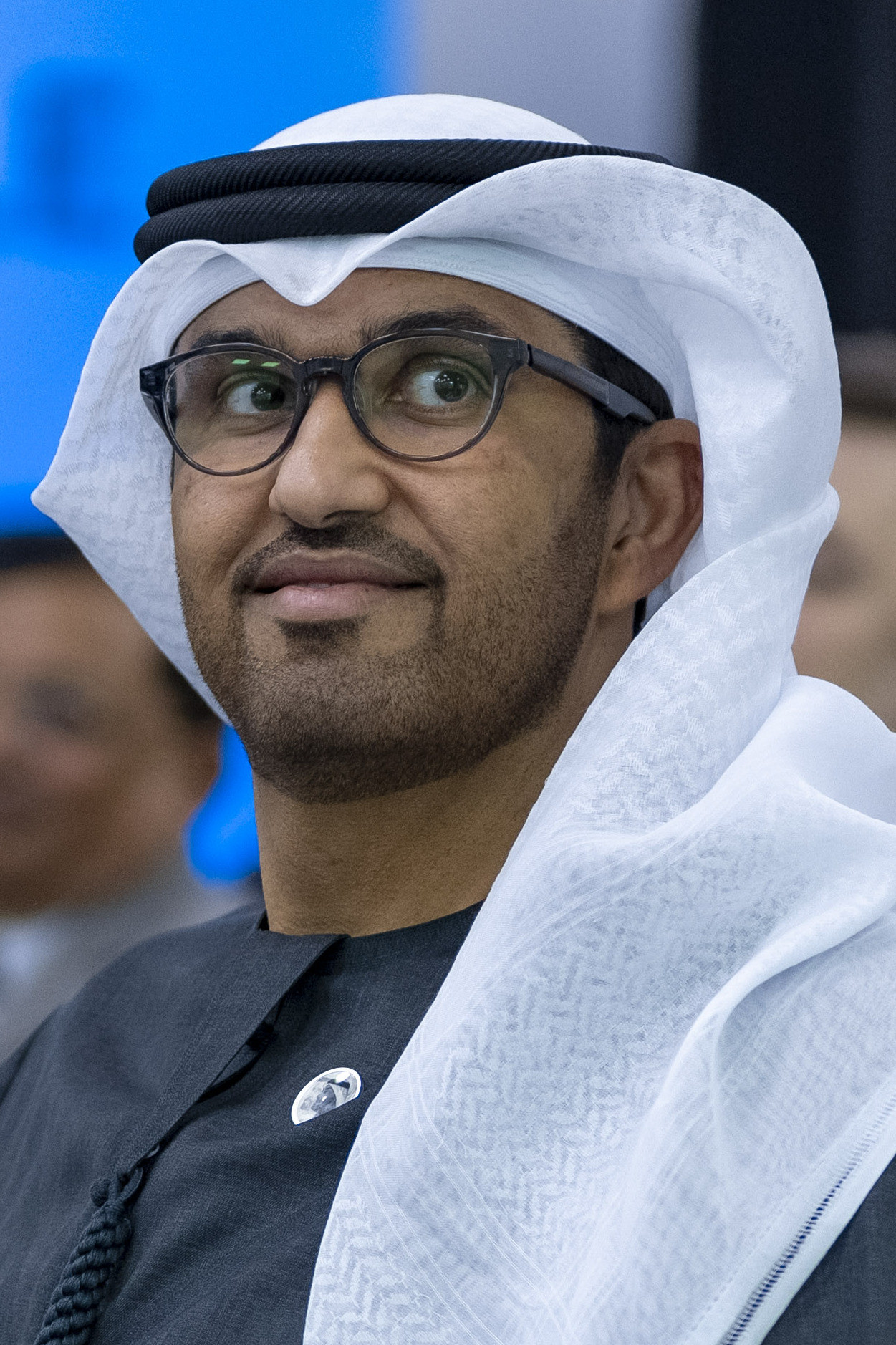Responsibility and Love
December 11, 2019
"I am looking ahead, beyond the horizon of years, and I see a Russia full of responsible, loving people. It will be a truly happy place. I want everyone to imagine Russia like this."
This court hearing is concerned primarily with words and their meaning. We have discussed specific sentences, the subtleties of phrasing, different possible interpretations, and I hope that we have succeeded at showing to the honorable court that I am not an extremist, either from the point of view of linguistics or from the point of view of common sense. But now I would like to talk about a few things that are more basic than the meaning of words. I would like to talk about why I did the things I did, especially since the court expert offered his opinion on this. I would like to talk about my deep and true motives. The things that have motivated me to take up politics. The reasons why, among other things, I recorded videos for my blog.
But first I want to say this. The Russian state claims to be the world’s last protector of traditional values. We are told that the state devotes a lot of resources to protecting the institution of the family, and to patriotism. We are also told that the most important traditional value is the Christian faith. Your Honor, I think this may actually be a good thing. The Christian ethic includes two values that I consider central for myself. First, responsibility. Christianity is based on the story of a person who dared to take up the burden of the world. It’s the story of a person who accepted responsibility in the greatest possible sense of that word. In essence, the central concept of the Christian religion is the concept of individual responsibility.
The second value is love. "Love your neighbor as yourself" is the most important sentence of the Christian faith. Love is trust, empathy, humanity, mutual aid, and care. A society built on such love is a strong society—probably the strongest of all possible societies.
To understand why I’ve done what I’ve done, all you have to do is look at how the Russian state, which proudly claims to be a defender of these values, does in reality. Before we talk about responsibility, we have to consider what the ethics of a responsible person are. What are the words that a responsible individual repeats to himself throughout his life? I think these words are "Remember that your path will be difficult, at times unbearably so. All your loved ones will die. All your plans will go awry. You will be betrayed and abandoned. And you cannot escape death. Life is suffering. Accept it. But once you accept it, once you accept the inevitability of suffering, you must still accept your cross and follow your dream, because otherwise things will only get worse. Be an example, be someone on whom others can depend. Do not obey despots, fight for the freedom of body and soul, and build a country in which your children can be happy."
Is this really what we are taught? Is this really the ethics that children absorb at school? Are these the kinds of heroes we honor? No. Our society, as currently constituted, suppresses any possibility of human development. [Fewer than] ten per cent of Russians possess ninety per cent of the country’s wealth. Some of these wealthy individuals are, of course, perfectly decent citizens, but most of this wealth is accumulated not through honest labor that benefits humanity but, plainly, through corruption.
An impenetrable barrier divides our society in two. All the money is concentrated at the top and no one up there is going to let it go. All that’s left at the bottom—and this is no exaggeration—is despair. Knowing that they have nothing to hope for, that, no matter how hard they try, they cannot bring happiness to themselves or their families, Russian men take their aggression out on their wives, or drink themselves to death, or hang themselves. Russia has the world’s [second] highest rate of suicide among men. As a result, a third of all Russian families are single mothers with their kids. I would like to know: Is this how we are protecting the institution of the family?
Miron Fyodorov [a rap artist who performs under the name Oxxxymiron], who attended many of my court hearings, has observed that alcohol is cheaper than a textbook in Russian. The state is pushing Russians to make a choice between responsibility and irresponsibility, in favor of the latter.
Now I’d like to talk about love. Love is impossible in the absence of trust. Real trust is formed of common action. Common action is a rarity in a country where few people feel responsible. And where common action does occur, the guardians of the state immediately see it as a threat. It doesn’t matter what you do—whether you are helping prison inmates, speaking up for human rights, fighting for the environment—sooner or later you’ll either be branded a ‘foreign agent’ or just locked up. The state’s message is clear: ‘Go back to your burrow and don’t take part in common action. If we see more than two people together in the street, we’ll jail you for protesting. If you work together on social issues, we’ll assign you the status of a “foreign agent.” Where can trust come from in a country like this—and where can love grow? I’m speaking not of romantic love but of the love of humanity.
The only social policy the Russian state pursues consistently is the policy of atomization. The state dehumanizes us in one another’s eyes. In the state’s own eyes, we stopped being human a long time ago. Otherwise, why would it treat its citizens the way it does? Why does it punctuate its treatment of people through daily nightstick beatings, prison torture, inaction in the face of an H.I.V. epidemic, the closure of schools and hospitals, and so on?
Let’s look at ourselves in the mirror. We let this be done to us, and who have we become? We have become a nation that has unlearned responsibility. We have become a nation that has unlearned love. More than two hundred years ago, Alexander Radishchev [widely regarded as the first Russian political writer], as he travelled from St. Petersburg to Moscow, wrote, ‘I gazed around myself, and my soul was wounded by human suffering. I then looked inside myself, and saw that man’s troubles come from man himself.’ Where are these kinds of people today? Where are the people whose hearts ache this much for what is happening in our country? Why are hardly any people like this left?
It turns out that the only traditional institution that the Russian state truly respects and protects is the institution of autocracy. Autocracy aims to destroy anyone who actually wants to work for the benefit of the homeland, who isn’t scared to love and take on responsibility. As a result, our long-suffering citizens have had to learn that initiative will be punished, that the boss is always right just because he is the boss, that happiness may be within reach—but not for them. And having learned this, they gradually started to disappear. According to the state statistical authority, Russians are slowly vanishing, at the rate of four hundred thousand people a year. [Deaths exceeded births by nearly two hundred thousand in the first six months of 2019.] You can’t see the people behind the statistics. But try to see them! These are the people who are drinking themselves to death from helplessness, the people freezing to death in unheated hospitals, the people murdered by others, and those who kill themselves. These are people. People like you and me.
By this point, it’s probably clear why I did what I did. I really want to see these two qualities—responsibility and love—in my fellow-citizens. Responsibility for one’s self, for one’s neighbors, for one’s country. This wish of mine, Your Honor, is another reason why I could not have called for violence. Violence breeds impunity, which breeds irresponsibility. By the same token, violence does not bear love. Still, despite all obstacles, I have no doubt that my wish will come true. I am looking ahead, beyond the horizon of years, and I see a Russia full of responsible, loving people. It will be a truly happy place. I want everyone to imagine Russia like this. And I hope this image can lead you in your work, as it has led me in mine.
In conclusion, I would like to state that if the court decides that these words are spoken by a truly dangerous criminal, the next few years of my life will be marked by deprivation and adversity. But I look at the people [who have been jailed in the latest wave of activist arrests] and I see smiles on their faces. Two people I met briefly during pretrial detention, Lyosha Minyaylo and Danya Konon, never complained. I will try to follow their example. I will endeavor to take joy in having this chance—the chance to be tested in the name of values I hold dear. In the end, Your Honor, the more frightening my future, the broader the smile with which I look at it. Thank you.
Translated for the New Yorker, by Masha Gessen.




